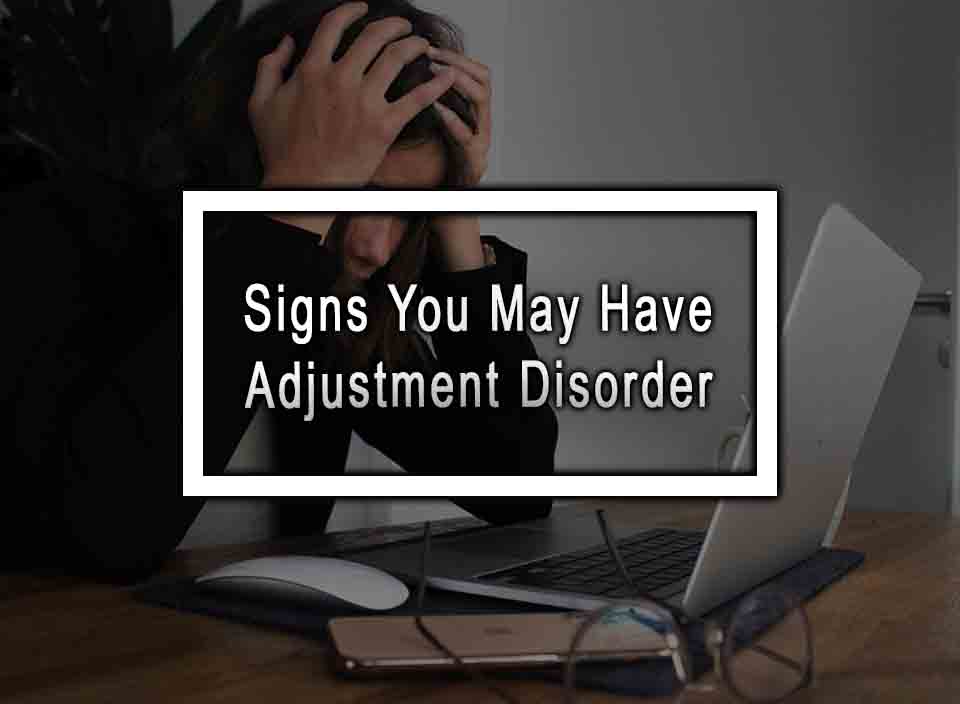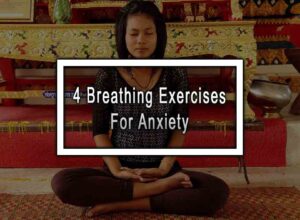Adjustment disorder is a common mental health condition that affects people of all ages and backgrounds. It’s often triggered by a major life change or stressful event and can cause a range of symptoms, from anxiety and depression to difficulty sleeping and concentrating. But many people don’t know what adjustment disorder is or how it can be treated. If you’re experiencing symptoms that suggest you may have an adjustment disorder, don’t worry – you’re not alone!
Table of Contents
ToggleHere are 10 signs that you may have adjustment disorder, and some tips on what you can do to start feeling better.
- Feeling overwhelmed or stuck
- Difficulty sleeping or insomnia
- Loss of interest in hobbies or activities
- Mood swings or irritability
- Anxiety or excessive worry
- Trouble concentrating or making decisions
- Avoiding social situations or isolating yourself
- Physical symptoms like headaches, stomach aches, or muscle tension
- Changes in appetite or weight
- Thoughts of suicide or self-harm
What Is Adjustment Disorder?
Adjustment disorder is a type of mental illness that occurs when a person has a hard time adjusting to a major life event or change. This could be anything from starting a new job or moving to a new city, to experiencing a divorce or the death of a loved one. While adjustment disorder is not as severe as some other mental health conditions, it can still have a major impact on a person’s life.
Types of Adjustment Disorder
There are several different types of adjustment disorders, each with its own unique set of symptoms. Some of the most common types of adjustment disorder include:
- Adjustment disorder with anxiety
- Adjustment disorder with depressed mood
- Adjustment disorder with mixed anxiety and depressed mood.
Symptoms of Adjustment Disorder
As mentioned earlier, the symptoms of adjustment disorder can vary depending on the type of disorder a person is experiencing. However, some of the most common symptoms include:
- Feeling overwhelmed or stuck
- Difficulty sleeping or insomnia
- Loss of interest in hobbies or activities
- Mood swings or irritability
- Anxiety or excessive worry
- Trouble concentrating or making decisions
- Avoiding social situations or isolating yourself
- Physical symptoms like headaches, stomach aches, or muscle tension
- Changes in appetite or weight
- Thoughts of suicide or self-harm
How Is Adjustment Disorder Treated?
Fortunately, there are several effective treatments for adjustment disorder. Some of the most common treatments include:
- Talk therapy, such as cognitive-behavioral therapy (CBT) or interpersonal therapy (IPT)
- Medications such as antidepressants or anti-anxiety drugs
- Support groups or self-help resources.
Conclusion
If you’re struggling with adjustment disorder, it’s important to seek help so you can start feeling better. Remember, you don’t have to go through this alone. With the right treatment and support, you can overcome adjustment disorder and get back to enjoying your life.
Adjustment Disorder FAQ
Here are the most common questions about adjustment disorder.
What causes adjustment disorder?
Adjustment disorder can be caused by a variety of life events, including the loss of a loved one, moving to a new place, or a significant change in one’s personal or professional life.
How is an adjustment disorder diagnosed?
A mental health professional will diagnose adjustment disorders based on the symptoms and the context in which they occur. The symptoms must be a result of a specific stressor or change in one’s life.
Can adjustment disorder be prevented?
While it is not always possible to prevent adjustment disorder, maintaining a healthy lifestyle, including getting enough sleep, eating well, and engaging in regular exercise, can help reduce the risk of developing mental health disorders.
How long does adjustment disorder last?
The duration of adjustment disorder varies from person to person. Symptoms can last anywhere from a few days to several months.
Is adjustment disorder a temporary condition?
For some individuals, adjustment disorder may be a temporary condition that improves once the stressor or life event has been resolved. However, for others, it may persist and require ongoing treatment.
More like this: Brief Psychotic Disorder












